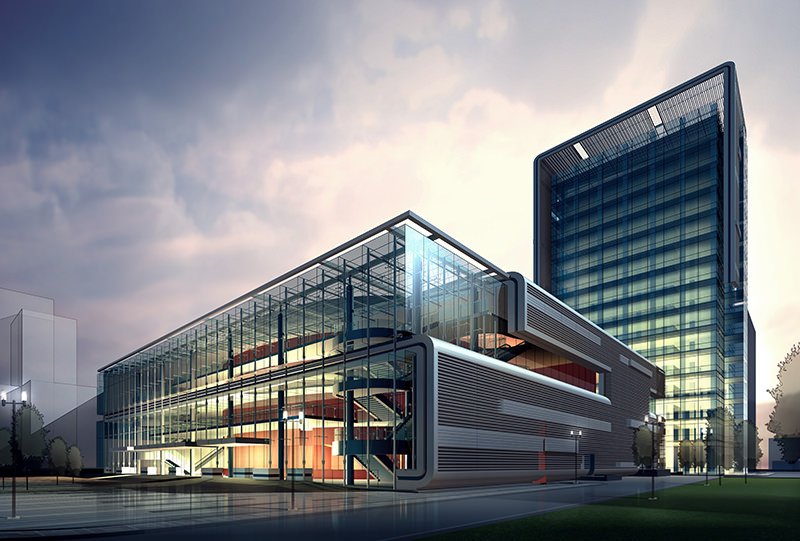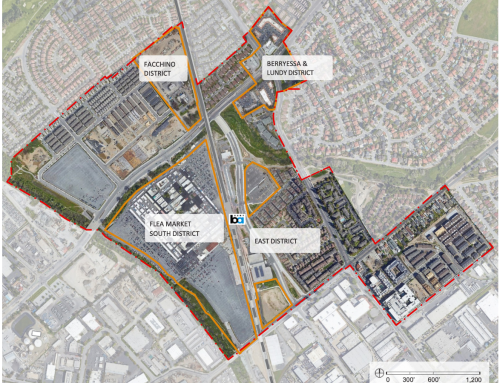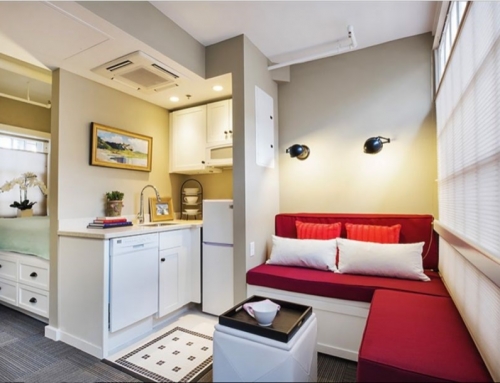By Ted Knutson | GlobeSt.com
The latest quarterly survey of apartment conditions by the National Multifamily Housing Council confirms what has been clear for months: the rental markets are posting strong growth.
Ninety-two percent of the over 100 CEOs and other senior executives of apartment-related firms surveyed by NMHC in July said apartments with low vacancy rates and high rent increases were prevalent compared to 67% in April.
The survey also found that capital market conditions were improving for the asset class as well. At 45%, nearly double the number of leaders in July said it was a better time to borrow considering interest rates and non-rate terms against the 23% who felt that way three months earlier.
Sales of apartments stayed pretty much the same with 60% of the execs reporting the number of deals were up in both surveys.
The same trend held true for equity financing for apartment acquisition or development with 41% of apartment company leaders reporting in July it was more available than three months earlier compared to 42% in April.
Without a doubt, multifamily’s most significant development has been the whopping growth in rents this year. Yardi Matrix, for instance, recently reported asking rents increased by 6.3% in June on a year-over-year basis.
“This is the largest YoY national increase in the history of our data set,” it said.
Rents increased nationally by 1.6% in June on a month-over-month basis. For the third month in a row, all 30 metros had positive month-over-month rent growth.
Rent growth has been whopping this year.
Rents grew an astonishing $23 in June to $1,482—another record-breaking increase. Lifestyle rents are growing at a faster pace than Renter-by-Necessity rents, something the industry has not seen since 2011 and another sign of a hot market, Yardi said.
Another important sign of health for the sector: Residents who decamped from urban markets during the pandemic are now returning in droves.
New York, Seattle (both 1.9%), Chicago and Washington, D.C. (both 1.7%) are rebounding. Recent graduates who moved in with their parents during the pandemic are beginning to form their own households in the urban cores.
One development that mars this bright picture are construction delays in current projects.
Last month NMHC released a survey at its annual conference that showed a record 83% of multifamily developer respondents complained about this.
The main reasons cited for delays in starts were permitting, entitlement, and professional services (70%); projects not being economically feasible at this time (56%); and economic uncertainty (27%). The percentage of responses attributing delays to projects not being economically feasible at this time increased from 30% in round six to 56% this round.







